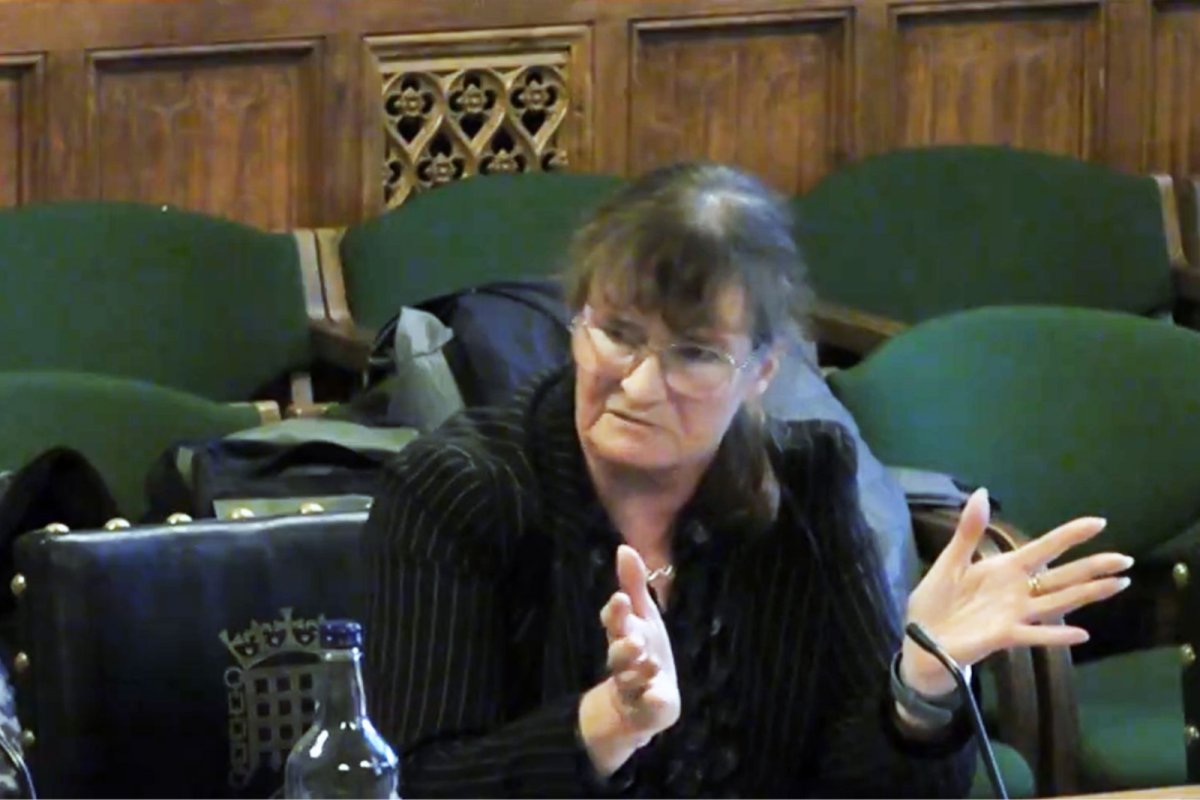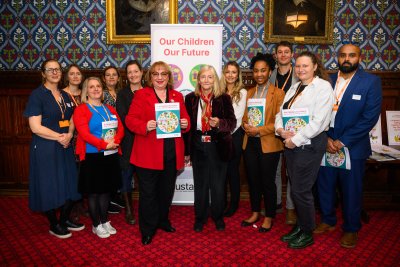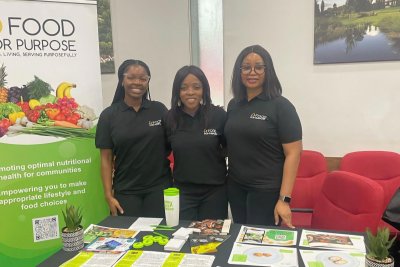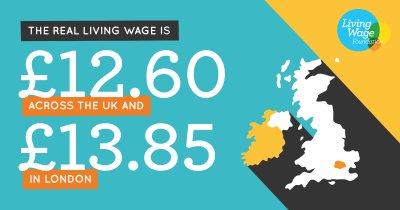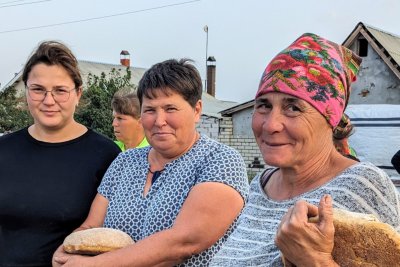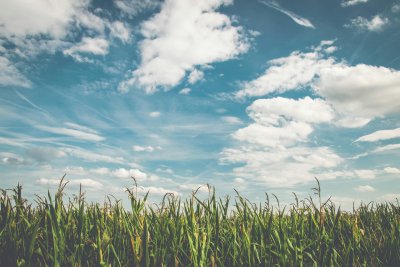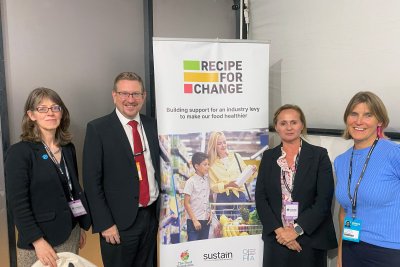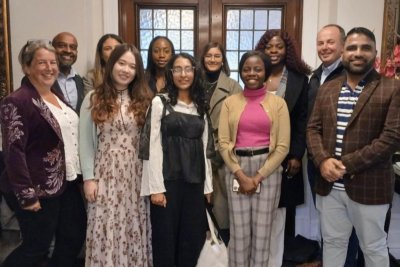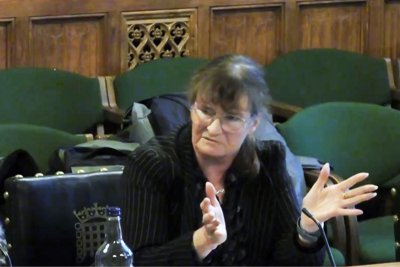 Vicki Hird giving evidence to the EFRA Select Committee on fair dealing. Credit: Gavin Dupee
Vicki Hird giving evidence to the EFRA Select Committee on fair dealing. Credit: Gavin Dupee
How to fix our food supply chain - insights from EFRA Select Committee Inquiry
In the recent evidence session at the Environment, Food, and Rural Affairs (EFRA) Select Committee Inquiry into fairness in the food supply chain, Vicki Hird, representing Sustain on the panel, provided valuable insights into the challenges and vulnerabilities within the country's food supply chain.
Delving into topics such as the fragility of the supply chain, the impact of climate change, the need for localised production, and the power imbalances between retailers and farmers, this blog captures the main highlights of Vicki's evidence session, shedding light on the urgent need for resilience, sustainability, and fairness in the food system.
Q: Does the UK have a resilient supply chain?
Vicki Hird: The supply chain is getting less and less resilient. The food system is so dependent on incredibly complex just-in-time systems, fine-tuned to reduce labour and storage costs. But we're at the point where it's on the edge of crumbling, and we're just going to get more disruption as a result of climate change.
Q: Could we bring supply chains closer to home?
Vicki Hird: We could be producing a huge amount more fruit and vegetables than we are producing now. But retailers are favouring cheaper produce from elsewhere, and as a result, we're seeing apple growers grubbing up their trees. We also need regional markets of diverse supply, which will need a lot of investment into storage, processing, abattoirs, and food hubs.
Q: Where do you feel climate change ranks in terms of threats to our food system?
Vicki Hird: Policies that don't prioritise the right kind of agroecological food production and the supply chains that support that are also high on this list. But climate change is a huge threat and should be high up.
Q: How does diversifying our supply chain help food reliance?
Vicki Hird: The key to reducing the amount of vulnerabilities is diversity within farming. More money should be going into diversification and mixed farming, rather than a relentless focus on automation.
Q: Could the supermarkets do more to promote seasonality?
Vicki Hird: Supermarkets could be doing an awful lot more through promotions and advice for seasonal food, as well as reducing their stringent cosmetic specifications for farmers. Currently, supermarkets are also promoting high salt, high fat, high sugar foods, which should be controlled. Curbing the marketing and advertising and promotion of these kinds of produce is part of a resilient food system and should be part of this committee's scope.
Q: What steps could be taken to address the power imbalance between retailers and their suppliers?
Vicki Hird: Farmers are price takers, facing an incredibly competitive environment among retailers. Our unpicking food prices report showed that farmers get less than 1% of the profits. We need more transparency in the supply chain. The farming industry is very open about its costs, but we don't have a food business income survey for manufacturing and retailers. Building up alternative routes to market is another way we can achieve a better power balance for the farmer. We need more opportunities for farmers to sell more direct or through traders who are farmer-focused. The sector-based codes of practice need to be released asap.
Q: What impacts are increased input costs having on farmers' ability to invest?
Vicki Hird: Farmers need to invest in nature-based solutions such as integrated pest management. It's very difficult to do this if they're not getting the returns that reflect the cost of production.
Q: Are you worried we're going to see more examples of food shortages?
Vicki Hird: We don't have a resilient diet. We need to change our diet to reflect the ability of our farmed land to produce food in a way that maintains nature and tackles climate change. If we don't do that, we won't have a resilient food system. But for farmers to do that, they need to be rewarded fairly. In the example of apples, Riverford has started their #getfairaboutfarming petition, which is already at 78,000 signatures. They're doing this because around 40% of the growers they've spoken to are going to stop producing.
Will White, Sustainable Farming Coordinator at Sustain said:
"Vicki Hird's evidence, as well as the evidence given by other experts on the panel, outlined just how fragile our food supply chain is. Its fragility is surpassed only by its unfairness, in which those who take the most risk - the farmers - get the least reward. We welcome this enquiry and encourage the Committee to be bold when making their recommendations to government."
You can watch Vicki's evidence to the EFRA Select Committee here
Sustain: Sustain The alliance for better food and farming advocates food and agriculture policies and practices that enhance the health and welfare of people and animals, improve the working and living environment, enrich society and culture and promote equity.
Sustain
The Green House
244-254 Cambridge Heath Road
London E2 9DA
020 3559 6777
sustain@sustainweb.org
Sustain advocates food and agriculture policies and practices that enhance the health and welfare of people and animals, improve the working and living environment, promote equity and enrich society and culture.
© Sustain 2024
Registered charity (no. 1018643)
Data privacy & cookies
Icons by Icons8
